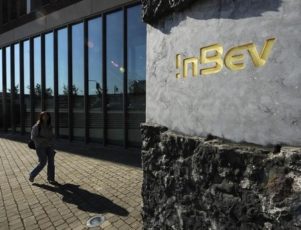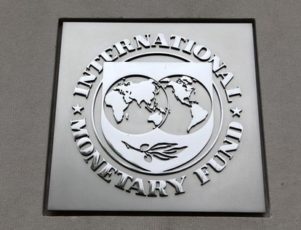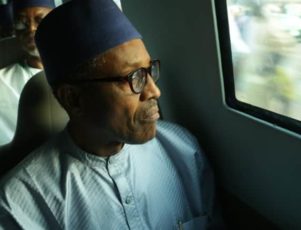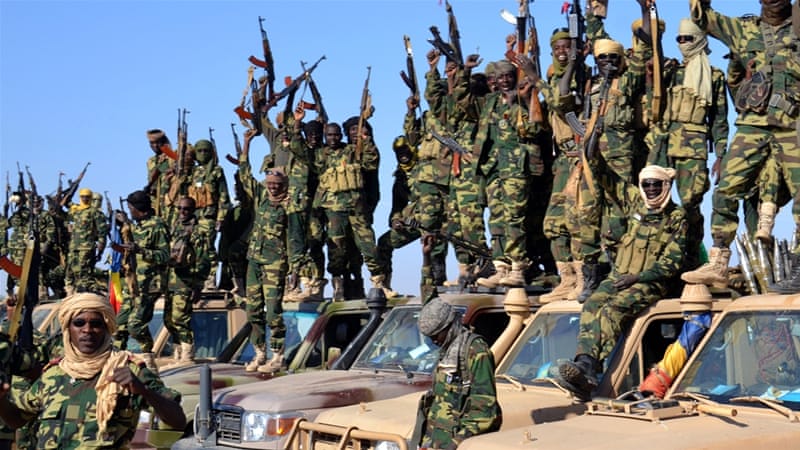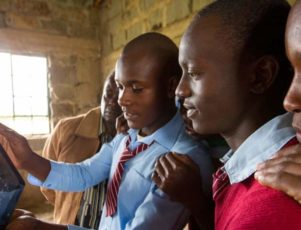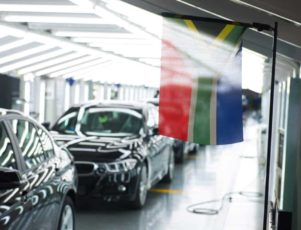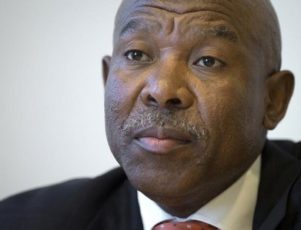LONDON (Reuters) – Anheuser Busch InBev managers will take all but one of 19 key positions following the brewer’s $100 billion-plus takeover of rival SABMiller, according to details of the transaction announced on Thursday.
The deal, sweetened last week to help make up for a drop in the British currency, has been approved by both companies’ boards but still needs to be voted on by shareholders, some of whom oppose the deal.
AB InBev is known for its cost-cutting and centralized control, which some analysts have said may be tough to impose on all corners of SAB’s business, with its joint ventures and equity stakes in markets such as Turkey and Africa.
AB InBev, the maker of Budweiser and Stella Artois, said the new company – which has yet to be named – would continue to be based in its home town of Leuven, Belgium, while its operations would be managed from New York.
SAB’s offices in Woking, outside of London, will be kept open for a transitional period, but its central London headquarters will be wound down. The bulk of SAB’s European businesses are being sold as part of the deal.
“It looks as if all the SAB group and regional HQs will be eventually phased out,” said Bernstein Research analysts.
The new company will be run by teams of “functional chiefs” and “zone presidents”, both reporting to AB InBev Chief Executive Carlos Brito. All but one of those 19 positions will be held by current AB InBev executives.
There was no mention of roles for SABMiller’s CEO Alan Clark or finance chief Domenic De Lorenzo in the new company.
Of SAB’s 576 corporate roles in the UK, 523 are in Woking and 51 in London.
AB InBev said SAB’s general counsel John Davidson, human resources director Johann Nel and managing director for Africa Mark Bowman, had agreed to stay for a transition period of at least six months to help with “integration, talent retention and stakeholder management”.
The new company will be organised into nine geographical zones, with existing SABMiller hubs in Miami, Hong Kong and Beijing phased out within a few months after deal closes, which is expected in October.
AB InBev has agreed to sell SAB’s western European brands Peroni, Grolsch and Meantime, to Japan’s Asahi. It has also pledged to sell SAB’s Eastern European business, which includes the Pilsner Urquell brand, though a buyer has not been agreed.
SAB’s joint ventures in the United States and China will be taken over by their respective partners when the deal goes through.
(By Martinne Geller. Additional reporting by Mamidipudi Soumithri in Bengaluru; Editing by Adrian Croft and Mark Potter)

